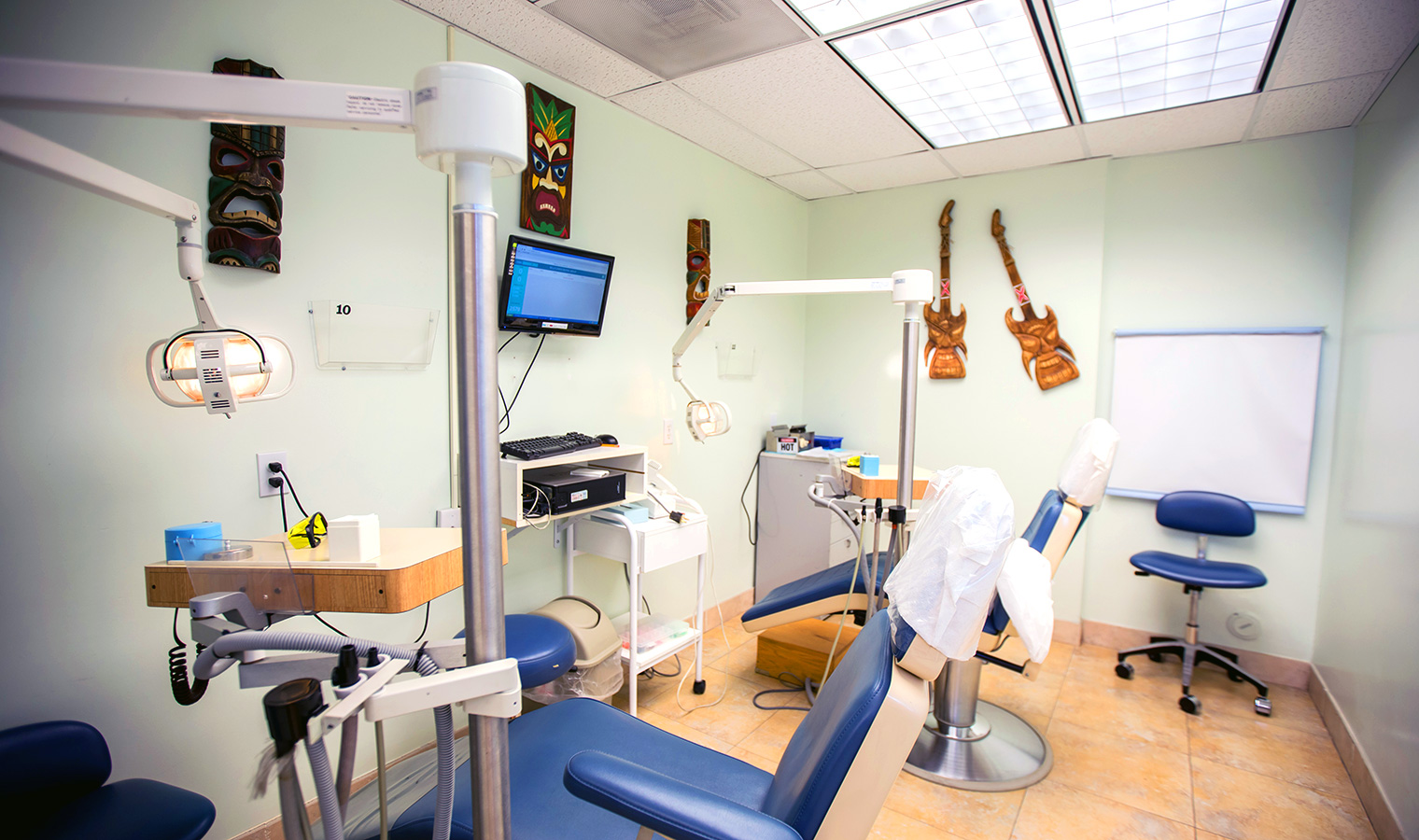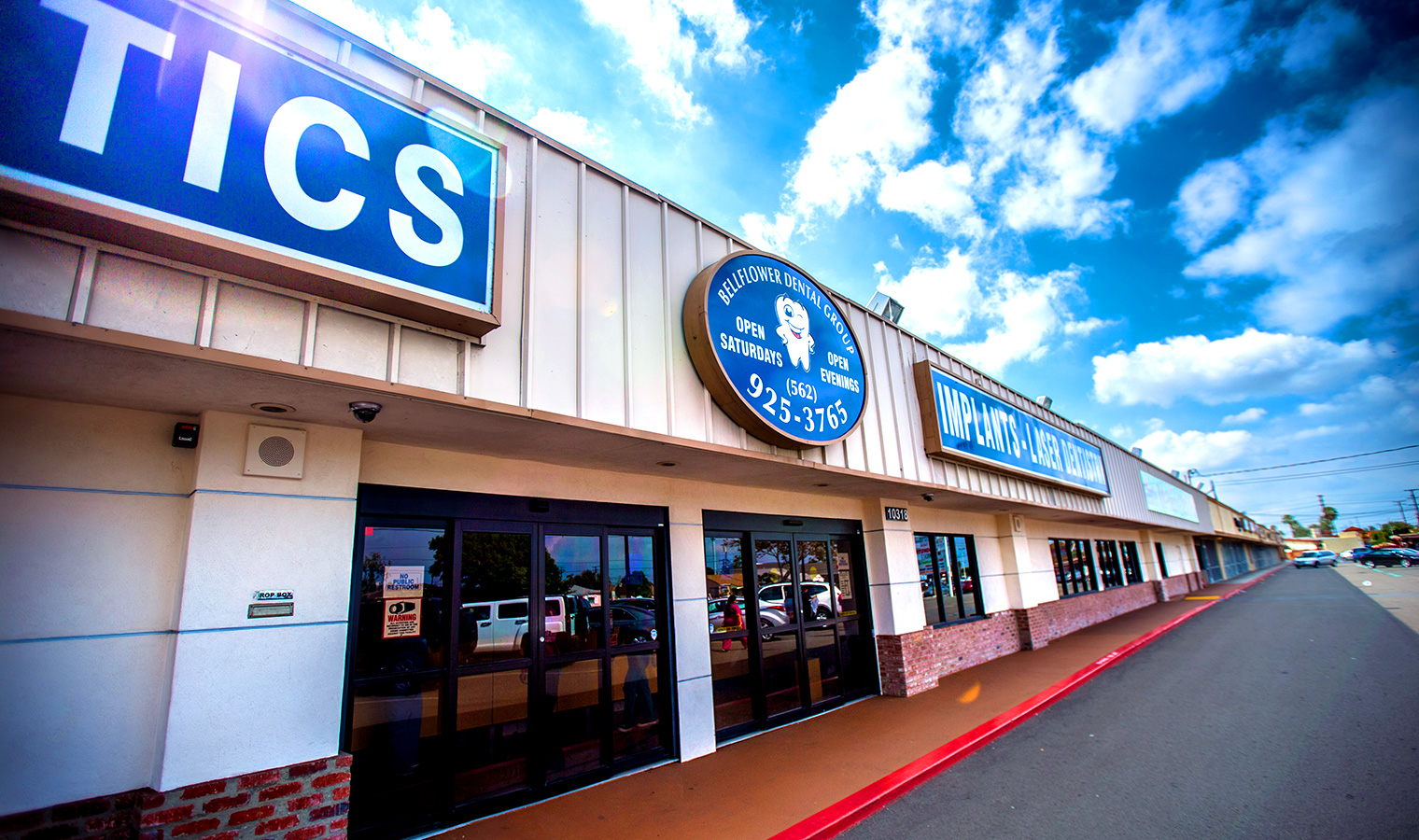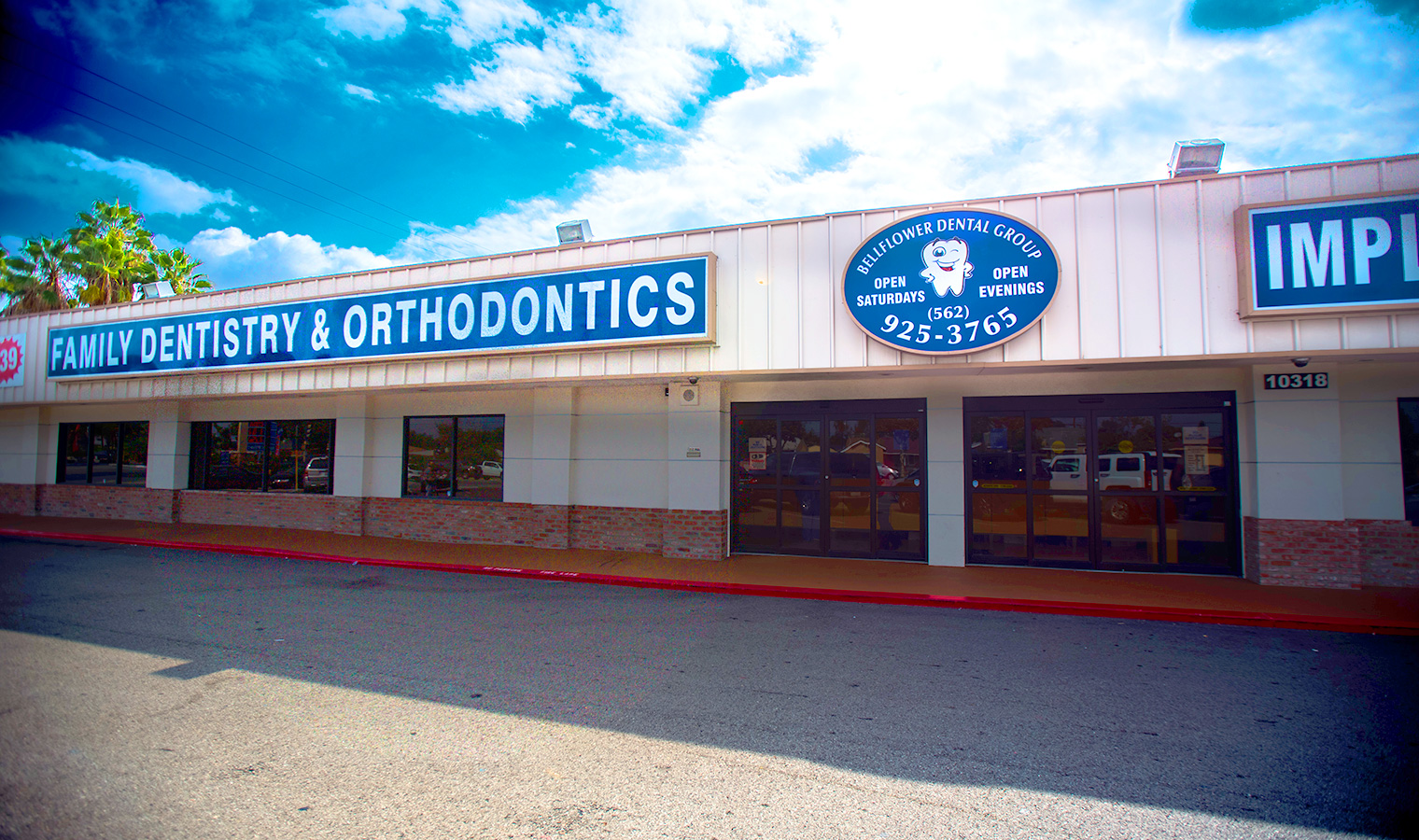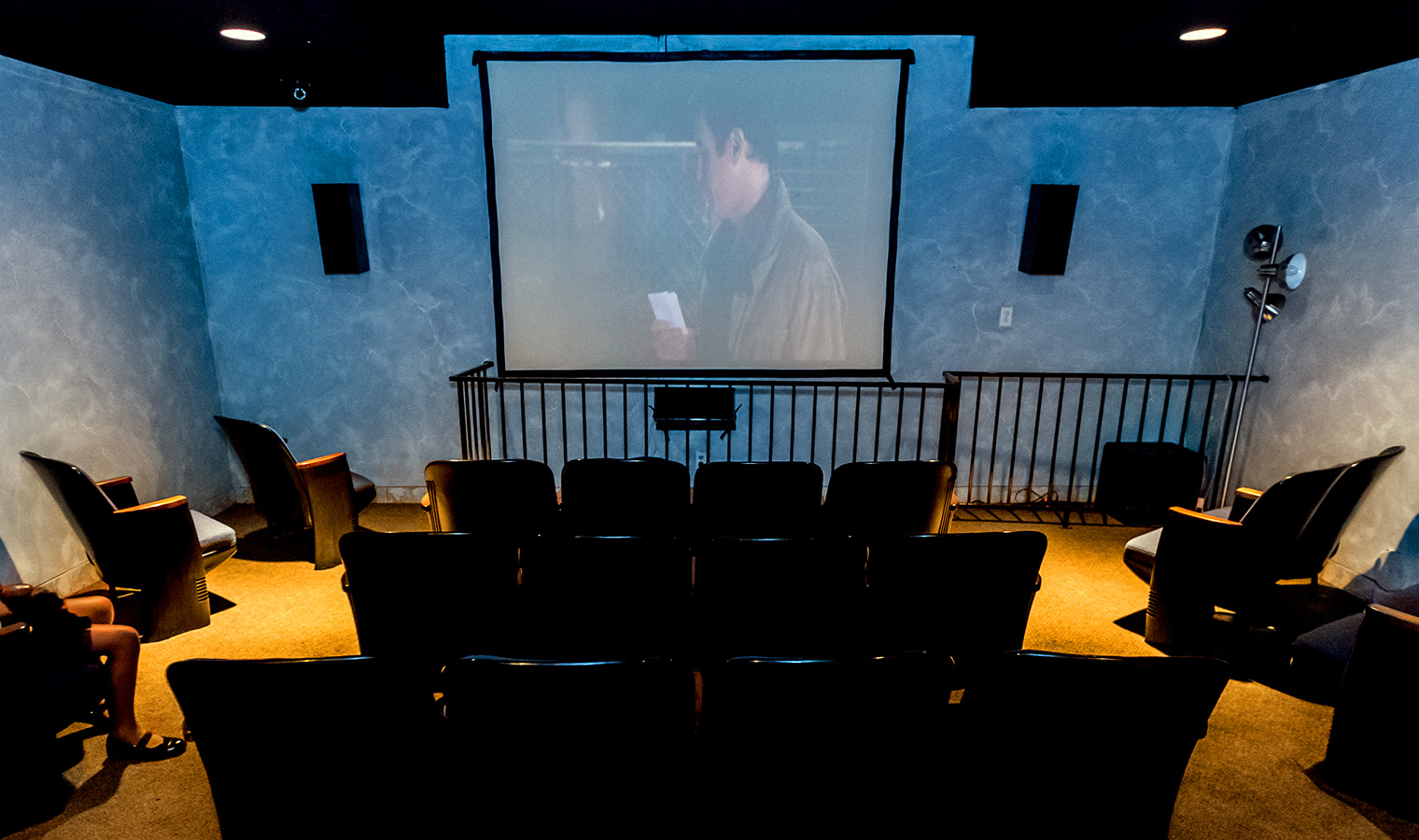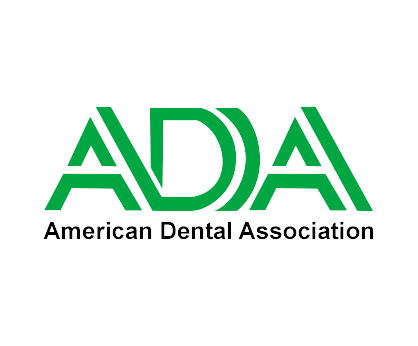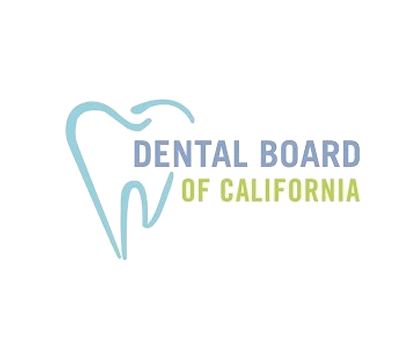It’s normal to be anxious before a dental treatment, but have you considered sedation dentistry to alleviate your anxiety? Dental procedures can lead to panic, anxiety, and fear. It isn’t unusual for people to postpone or avoid therapy due to debilitating phobia. If you’re afraid of going to the dentist, ask for sedation dentistry. This method of dental treatment involves the use of particular drugs to help patients relax during operations.
Understanding the Levels of Sedation
There are various levels of drug administration in sedation dentistry. The thresholds are selected based on the patient’s condition. Minimal sedation requires drugs to cause relaxation, but you stay conscious. Conscious or moderate sedation enables consciousness to be maintained. However, the majority of the treatment will be forgotten by the patient. The patient is unaware in deep sedation, but it is possible to awaken. Dental anesthesia is, in some cases, used for general sedation by the dentist.
What Are the Sedation Options?
Dentists use a variety of techniques to deliver sedatives for patient comfort. Inhaling nitrous oxide dental gas is the most popular option. Sedation is minimal with this laughing gas. Oral sedation is achieved by taking a pill. For different degrees of sedation, the dosage may be changed. These prescription options can make your dental appointments more relaxing.
Here are some of the reasons why people should give it a chance:
Anxiety Reduction
During dental appointments, many people feel anxiety. They can become uncomfortable during therapy as a result of their fear, raising the likelihood of complications. Anxiety can be mild and manageable for some individuals. However, for certain patients, the stress of visiting the dentist is debilitating and disabling. An individual’s fear can cause them to be hesitant during the operation. This may result in oral injuries, and the standard of treatment can worsen as a result. You can control your fear if you prefer sedation. In the most discouraging dental processes, this ensures relaxation.
Pain Reduction
Pain is a significant problem during major dental surgeries such as tooth extraction, and permanent dental implant placement. Consider asking for sedation if you are worried about this subject. Local anesthesia alone may not be enough to manage your anxiety during dental surgery or other major procedures. During the entire process, sedation is available to minimize pain, even when performing minor dental procedures. Nevertheless, the needle injection can cause pain. In sensitive people such as children, it is expected.
Management of Triggers
Dental offices have multiple causes that can induce discomfort. The smell, sounds, and even sights in a dental office make it hard for some people to stay calm. For example, even an adult may become fearful because of the sound of a dental drill. Sedation is essential because it reduces the effects of dental triggers to a minimum. The fight or flight reflex will not be activated if a patient is given medication. This would reduce the anxiety of the procedure.
Amnesia Inducement
In dental therapy, amnesia is beneficial as the flashbacks are never good. Because of an unpleasant experience, most people grow a mistrust of dentists. The emotional trauma continues and affects oral hygiene. Sedation prevents further pain and handles previous emotional scars. The twilight anesthesia method is used for this situation. To avoid fresh memories of the particular surgery, the dentist uses a little dosage of general anesthesia. As a consequence, there would not be any painful effects.
Control of Gag Reflexes
You can find dental systems and procedures stressful if your gag reflex is sensitive. If you have something in your mouth, you can feel the undeniable need to sputter and choke. This can make basic processes unbearable, such as dental impressions. Dentistry solutions such as oral sedatives, intravenous medications, and nitrous oxide can help you relax during recovery. The drug debilitates the gagging reflex for a while. Thus, you would not react naturally to oral interference. The risk of errors would therefore be reduced.
Combine Multiple Procedures
An individual with severe damage to teeth can need multiple sessions before full recovery. The reality can explain that the patient is distressed by several dental operations simultaneously. The pain of continuous treatment is not acceptable to many of the patients. The tiredness of an extended dental treatment can indeed be incredible. Dental anesthesia helps maintain a patient’s calmness and relaxation through more lengthy procedures. With sedation, the dentist can be able to incorporate many treatments into a single appointment. You benefit from reduced expenses, fewer appointments, and a shorter duration of cumulative rehabilitation.
Dental Work Completed Sooner
Because of squirming and fidgeting people, dental work frequently takes longer than it should. Even though local anesthesia is administered into the gums to suppress discomfort, the frightening instruments used by dentists may be unsettling. Even if there is no obvious pain, some people avoid going to the dentist. Nervous reactions will waste a significant amount of time. Due to the continuous movement, the operations cannot be performed efficiently. For patients to be relaxed and to prevent nerves from disrupting function, sedated dental care is invaluable. This means that the dental appointments are shorter if you choose to use sedation.
Dental sedation will strengthen your oral health. Remember that you are not alone if you are scared of dentists.
